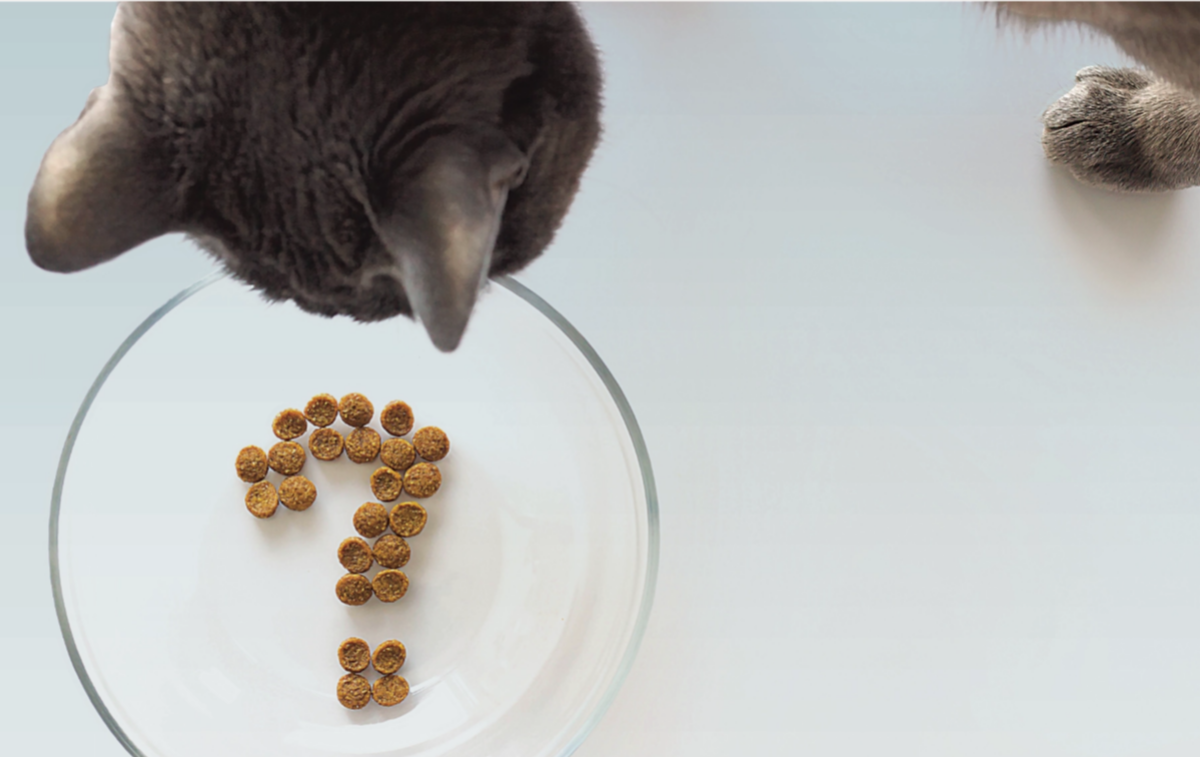
Q. Has Young Again Pet Food ever had a recall on any of their pet foods?
A. No. Young Again has never had a recall on any of our pet foods.
Q. What is meant by the "meal" in a pet food ingredient listing and how does it compare to "meat"?
A. When the first ingredient is meat, it can mean very little since meat is at least 75% water. This means that if a diet listed itself as 25% meat, it would really only be 6% meat on a dry matter basis, which is exactly what you get when you dehydrate chicken into meal. You think you are buying a high protein diet, but the food is only 6% meat protein.
Q. What is the difference between byproducts and meals?
A. A byproduct is something that is left over after the desirable portion of the ingredient has been extracted for use elsewhere. A meal results when you remove the water from a product and grind the desired portions into a powder. Inclusion of bone (natural calcium) supplies needed minerals.
Q. Why do you use poultry fat?
A. Poultry fat can only be comprised of chicken or turkey fat or a combination of both. We currently use fat from chicken, turkey, pork and fish. Chicken and turkey fat are collected and processed in the same way and are of equal quality.
Q. Is DL-Methionine safe in my cat's food?
A. If your cat is deficient in methionine their health will be compromised. Methionine is an essential amino acid that cannot be produced by the body. Therefore, it is crucial that your cat consumes the required amount of methionine each meal to maintain proper health.
Q. What is the shelf life for Young Again Pet Foods?
A. Young Again Pet Foods and treats have an 18-month shelf life and RAW premixes and supplements have a 12-month shelf life from the date of manufacture. This does not mean that you will have 18 or 12 months before they expire. Depending on when they are manufactured this will vary from product to product. We can not guarantee the nutritional quality of our products after the BEST BY date.
Q. Does Young Again Pet Food meet AAFCO standards?
A. Yes, Young Again Pet Food meets or exceeds AAFCO nutrient profiles. AAFCO does not approve any pet food on the market. AAFCO is only concerned that companies follow a uniform set of guidelines and their wording means the food has met AAFCO's minimal requirements for adequate nutrition.